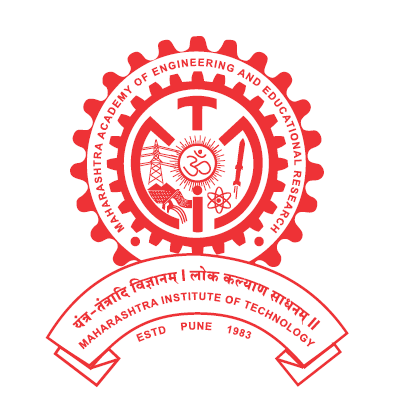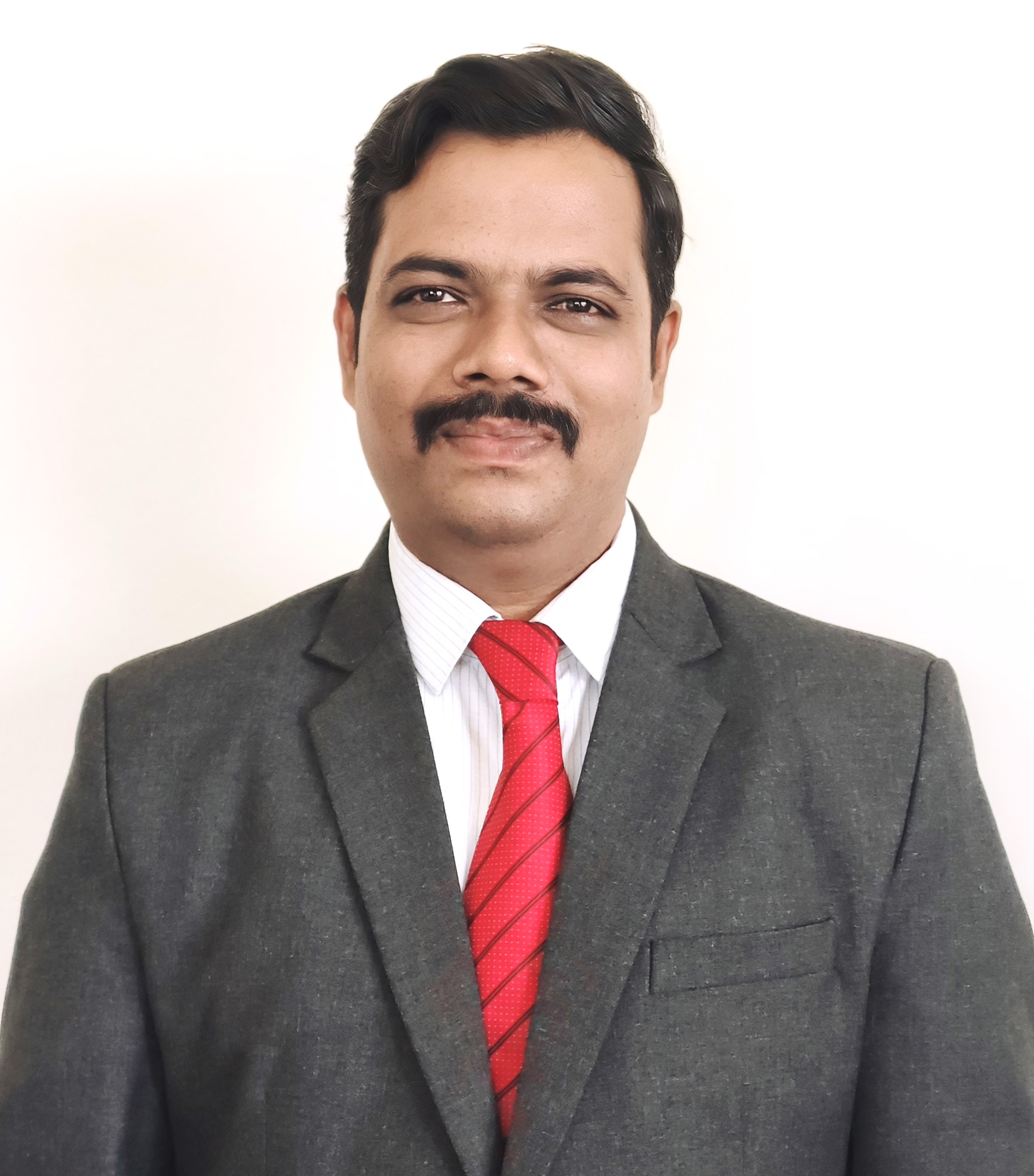Dear Students,
Welcome to MIT College of Railway Engineering and Research, a premier multi-faculty institution renowned for its highly qualified academicians dedicated to imparting education across various professional disciplines. Over the course of four transformative years, the institution has been committed to expanding the boundaries of learning and fostering holistic development.
MIT College of Railway Engineering and Research is part of the esteemed MIT Group of Institutions, recognized as a center of excellence. The institution emphasizes intellectual and academic growth, vibrant extracurricular and co-curricular activities, and meaningful social engagement.
Since its inception, the Institute has prioritized delivering an industry-oriented curriculum to address the evolving demands of the professional world. Through regular interactions with industry leaders, we incorporate value-added components into the curriculum, ensuring our students are equipped with the latest technical and managerial skills.
The academic programs at MIT College of Railway Engineering and Research are designed to promote intellectual rigor and foster a unique culture of collaborative learning. These programs prepare students to face the challenges of the modern economy with confidence. Our dedicated faculty work closely with students, encouraging the development of analytical skills and professional acumen essential for success in their careers.
Parents can rest assured of the unwavering commitment of our faculty, who provide sincere guidance and mentorship to support the holistic growth of their wards.
Finally, I extend my best wishes to all students. MIT College of Railway Engineering and Research is a space of endless possibilities, offering a unique and empowering environment for personal and professional development.
Dr. Ratnakar Dasharath Sakhare
Head of Department

